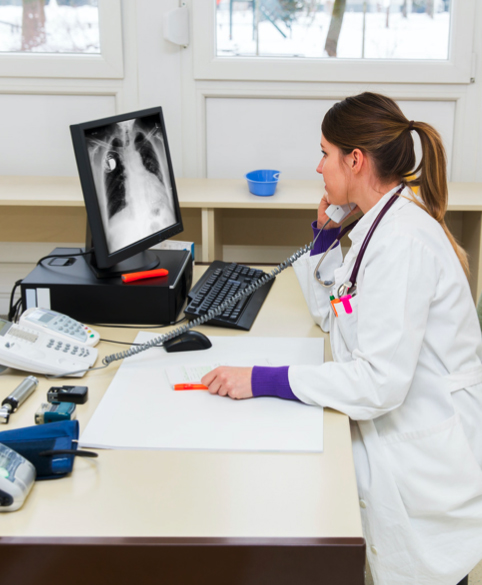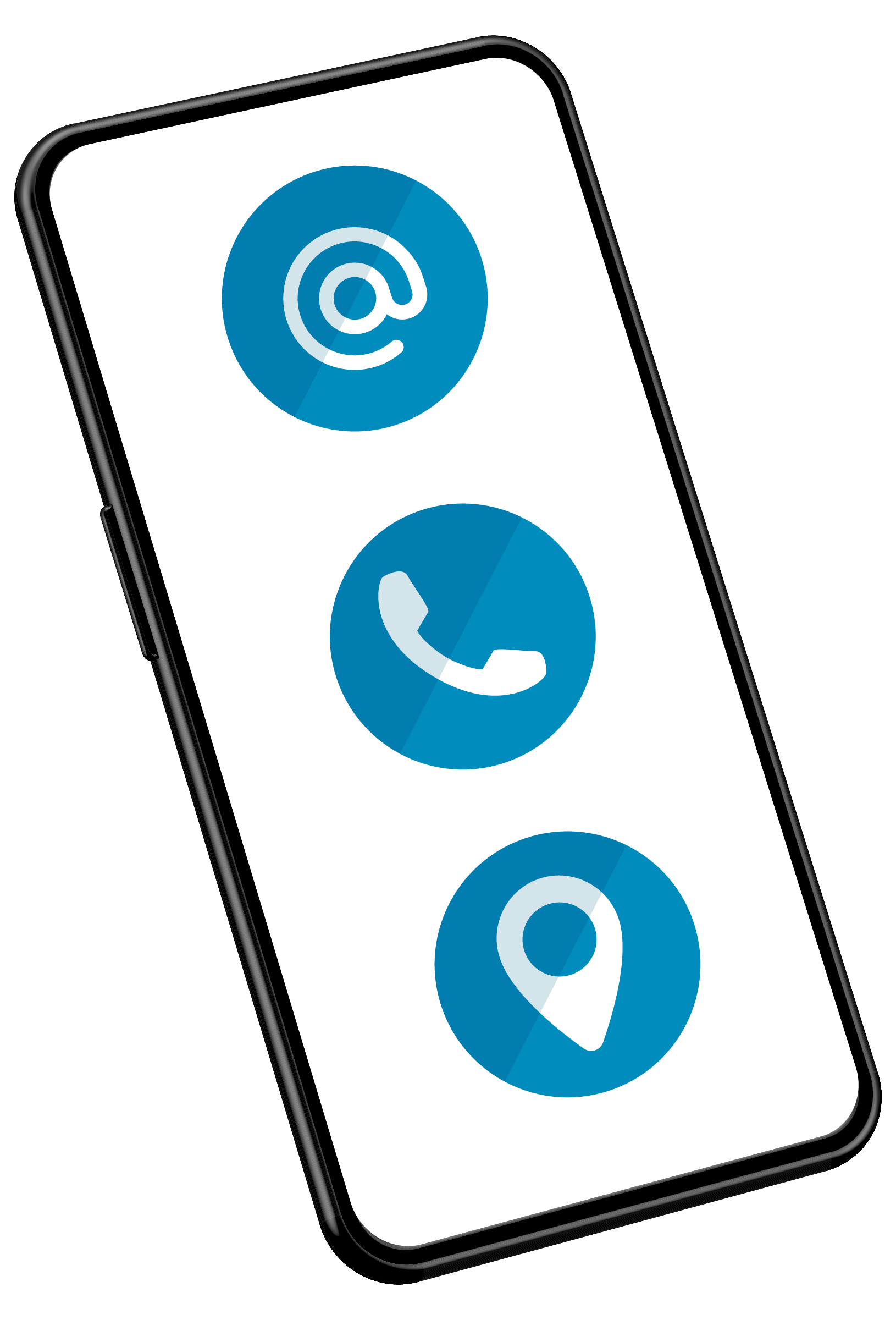Electrophysiology
Electrophysiology (EP) is a field within cardiology that focuses on the electrical activity of the heart and treating arrhythmias.
Here are some common procedures and devices as a point of reference to help you understand their purpose in your overall treatment plan:

electrophysiology (EP) study
An electrophysiology (EP) study is a procedure that is performed by inserting catheters with wire electrodes into the heart. These catheters are able to measure and sense cardiac electrical activity to identify the type and the origin of various arrhythmias.

Catheter Ablation
A catheter ablation is a procedure that can be performed to treat some types of arrhythmia. Once the type and origin of an arrhythmia is identified (electrical mapping), a catheter can use heat (radiofrequency ablation) or cold (cryo-ablation) energy to induce scarring of the abnormal tissue and eliminate the arrhythmia to return the heart to a normal rhythm.

pacemaker
A pacemaker is a small device that is surgically placed under the skin under your collar bone. Small wires from the pacemaker are inserted into the heart and can deliver an electric impulse to “pace” the heart in patients who have very slow heart beats. The pacemaker can also receive and record information about your heart rate and rhythm.

Automatic implantable cardioverter-defibrillator
An automatic implantable cardioverter-defibrillator (AICD): is a battery-powered device placed under the skin that keeps track of your heart rate. Thin wires connect the AICD to your heart. If an abnormal heart rhythm is detected the device will deliver an electric shock to restore a normal heartbeat if your heart is beating chaotically and much too fast. The device also can function as a back-up pacemaker.
Oracle Providers Who Specialize in Electrophysiology
Ramakota Reddy, MD, FACC, FHRS
Ramakota Reddy, MD, FACC, FHRS Electrophysiologist Dr. Ramakota Reddy joined the Oracle Heart & Vascular team in 2025 as an electrophysiologist. Dr. Reddy is passionate

Cardiac Device Clinic
Oracle’s device clinic provides comprehensive device management for patients with implanted pacemakers, ICDs, and loop recorders. We offer both in-office/clinic visits, remote evaluations, and ongoing management to ensure optimal function of your device.
Once your new device is implanted, you will be eligible for the remote monitoring service designed for your device. Devices are checked using specialized remote transmitter equipment, which provide feedback through scheduled remote checks. In office checks of your device occur one to two times a year and will continue for the life of the monitor.
For patients who need assistance transferring their cardiac device care and remote monitoring, we welcome you to call our office to get set up with Oracle’s Device Clinic. You may also complete an appointment request through the link below. Simply select “device/remote monitoring” from the drop down menu under Reason for Appointment and select the type of device you have as well as its serial number. Once your request is received, we will contact you to assist with enrollment and to schedule an appointment with one of our physicians.

Katherine Perez, AGACNP-BC
Nurse Practitioner Katherine brings over sixteen years of nursing experience managing adult critical care and cardiology patients. She earned her Masters of Science in Nursing from the

To email us, use our contact form below:

